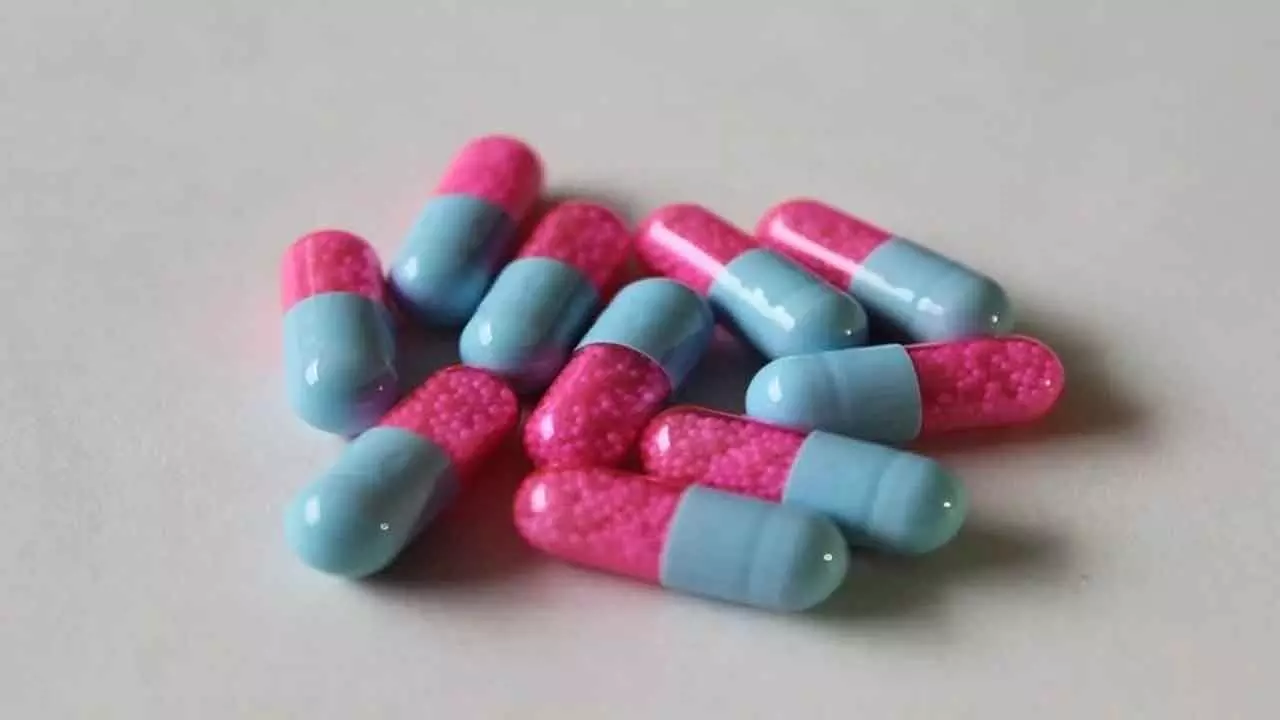How Make In India Transforming India’s Global Pharma Footprint
With clear focus on strengthening domestic manufacturing, enhancing global competitiveness, India is positioning itself as a major hub for affordable, high-quality healthcare solutions
How Make In India Transforming India’s Global Pharma Footprint

The Department of Pharmaceuticals, under the Ministry of Chemicals and Fertilizers, is responsible for matters related to the pricing and availability of affordable medicines, research & development and international obligations. With a vision to make India the world’s largest provider of quality medicines at reasonable prices, the department’s efforts align with the Make in India initiative.
The Indian pharmaceutical industry continues to play a crucial role in manufacturing high-quality, cost-effective medicines for both domestic and global markets, marked by its dominance in branded generic medicines, competitive pricing, and a robust network of indigenous brands.
India has been UNICEF’s largest vaccine supplier for the past six to seven years, contributing 55 per cent to 60 per cent of total volume procured contributing 99 per cent, 52 per cent and 45 per cent of the WHO demand for DPT, BCG and the measles vaccines, respectively.
The medical devices sector in India is an essential and integral constituent of the Indian healthcare sector, particularly for prevention, diagnosis, treatment and management of all medical conditions and disabilities.
The medical devices sector is a multi-disciplinary sector. Its constituent device categories are:
The Production Linked Incentive (PLI) Scheme, launched in 2020 by the government of India, is a transformative initiative aimed at boosting domestic manufacturing, attracting investments, reducing reliance on imports and increasing exports. Aligned with the vision of Atmanirbhar Bharat and the larger Make in India initiative, the scheme offers financial incentives based on production performance, encouraging companies to scale up operations, adopt advanced technologies, and improve global competitiveness.
For pharmaceuticals, the initiative aims to reduce import dependence on Key Starting Materials (KSMs), Drug Intermediates (DIs), and Active Pharmaceutical Ingredients (APIs), strengthening India’s manufacturing base. By promoting production and innovation, it boosts domestic capabilities and global competitiveness.
The Department of Pharmaceuticals administers three PLI schemes as part of the government of India's larger initiative to enhance manufacturing capabilities. These include: PLI scheme for Pharmaceuticals; PLI scheme for promotion of domestic manufacturing of critical KSMs/DIs/APIs and PLI scheme for promoting domestic manufacturing of medical devices.
The PLI scheme for pharmaceuticals was approved by the Union Cabinet on 24 February 2021, with a financial outlay of Rs 15,000 crore and the production tenure from FY23 to FY28, provides financial incentive to 55 selected applicants for manufacturing of identified products under three categories for a period of six years. Under this scheme, high value pharmaceutical products such as patented/off-patented drugs, biopharmaceuticals, complex generics, anti-cancer drugs, autoimmune drugs, among others, are manufactured.
The PLI scheme for KSMs, DIs, and APIs was launched on 20 March 2020, with a financial outlay of Rs 6,940 crore for the period FY21 to FY30. The main objective of PLI for promotion of domestic manufacturing of critical Key Starting Materials (KSMs) and APIs in India is to promote domestic manufacturing of 41 identified bulk drugs to address their high import dependence.
One of the significant achievements under the PLI scheme has been the surpassing of targeted investments. While the initial commitment was Rs 3,938.57 crore, the actual realized investment has already reached Rs 4,253.92 crore (as of December 2024).
Under the PLI scheme for bulk drugs, a total of 48 projects have been selected under the scheme, of which 34 projects have been commissioned for 25 bulk drugs as of December 2024.
The PLI scheme for medical devices was launched to support domestic manufacturing of high-end medical equipment and reduce reliance on imports. The scheme provides financial incentives to manufacturers in key segments such as radiology, imaging, cancer care, and implants. The period of the scheme is from financial year 2020-21 to financial year 2027-28 with total financial outlay of Rs 3,420 crore. Under the scheme, financial incentive is given to selected companies, at the rate of 5 per cent of incremental sales of medical devices manufactured in India and covered under the target segments of the scheme, for a period of five years.

